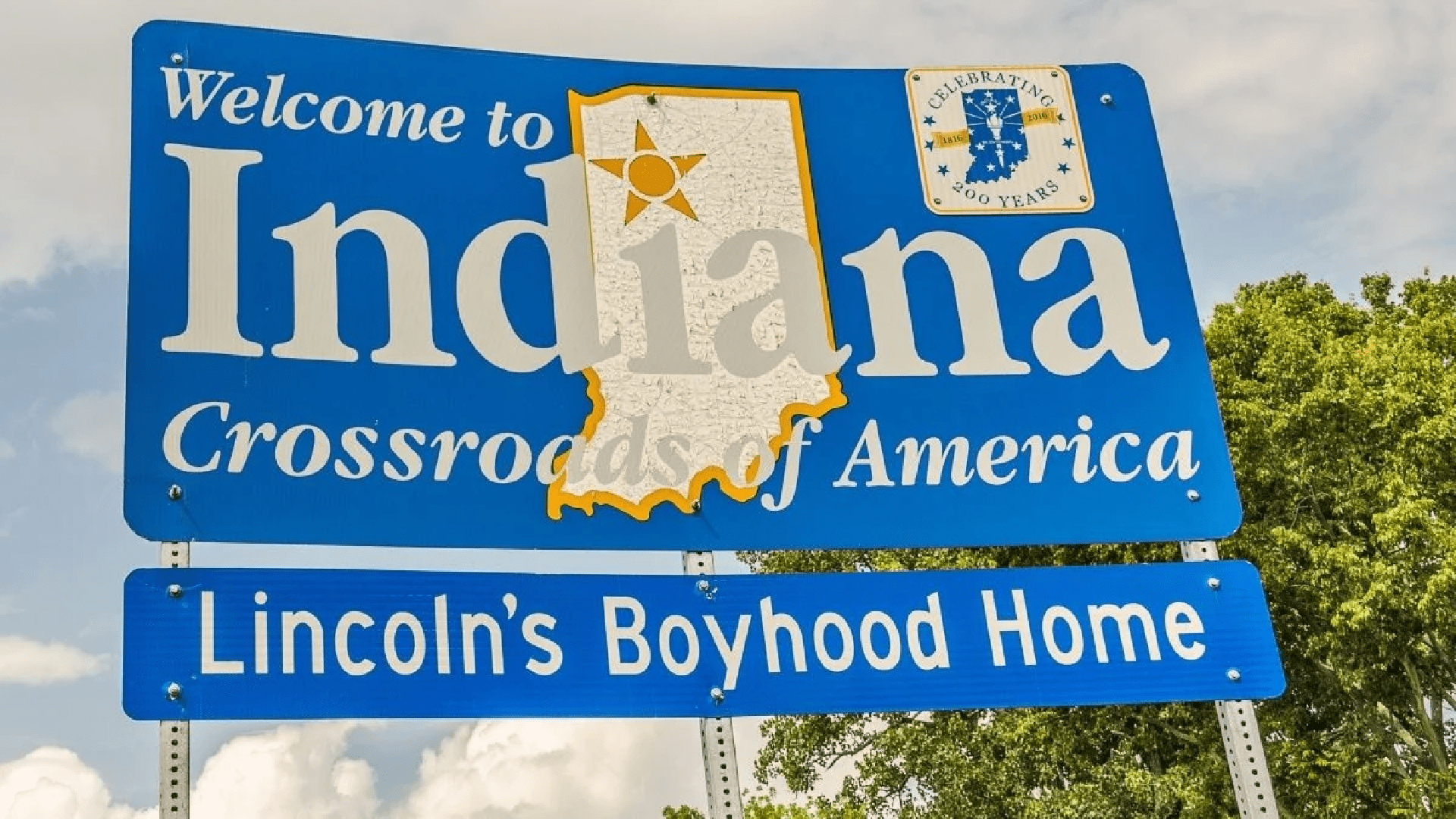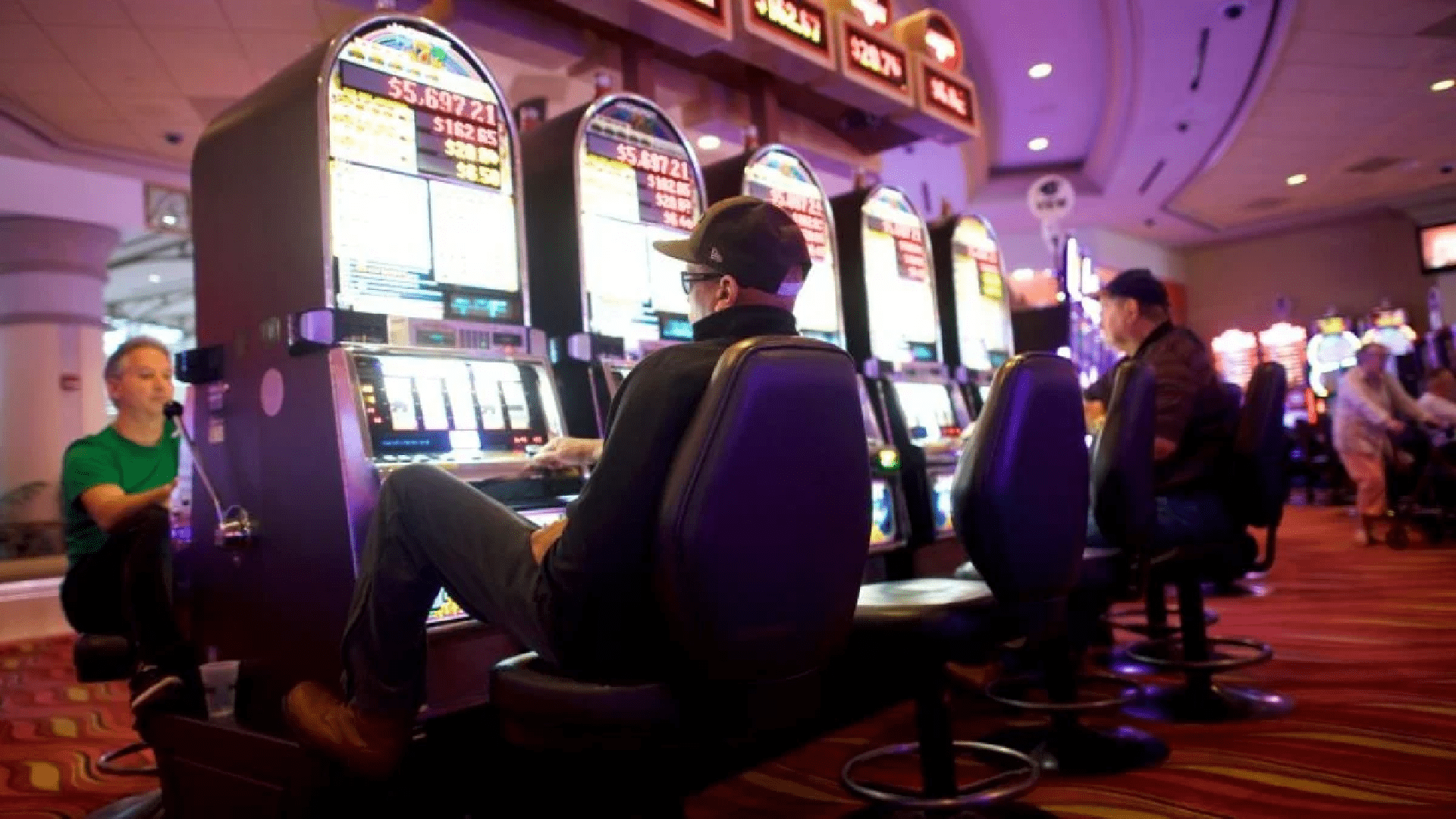
Judge: Vallejo Casino Halt May Not Equal ‘Harm’ to Scotts Valley Band – Yet
A federal judge appeared to support the U.S. government's claim on Friday that a California tribe had not suffered "irreparable harm" as a result of the US Interior Department's decision to examine its gaming eligibility for a casino resort in the Bay Area.
The Scotts Valley Band of Pomo Indians has been advocating for the construction of a $700 million casino resort in Vallejo, California, for almost ten years. After the project's trust land application was granted by the departing administration on January 10, 2025, the tribe thought it was finally a go.
The new government postponed the decision in March while it was investigated legally to see if the area met the requirements of the Indian gambling Regulatory Act (IGRA) for gambling.
Where is the harm?
In order to stop the Interior Department's reconsideration and restore their eligibility to play games, the Scotts Valley Band sued the department, requesting an emergency temporary restraining order (TRO). In addition to stressing that the Biden administration's initial decision came after years of rigorous administrative study and litigation, the tribe contended that it would sustain irreversible harm.
The government asserted during Friday's opening arguments that the tribe has not yet been genuinely "harmed" because its gaming eligibility has only been suspended while the agency conducts a reexamination, rather than being canceled. According to Kristofor Swanson of the U.S. Justice Department, there isn't yet a legal "injury" because the government hasn't reached a final conclusion.
Judge Trevor McFadden concurred with the DOJ that since the tribe's casino project is still years away from completion, it is difficult to identify immediate harm.
"Your irreparable harm claim is a tough one to make,” he said, as reported by Law360.
McFadden, meanwhile, seemed concerned that the Interior might not have adequately taken into account the tribe's reliance on the January permission in terms of both finances and legality.
If accurate, the agency's actions might be deemed "arbitrary and capricious" under the Administrative Procedure Act, a legal threshold that courts apply when invalidating poor agency judgments.
According to its lawsuit, the tribe has approved $1.8 million in expenditures related to the casino project since the permission in January.
Joining Scotts Valley as a COLT
Governor Gavin Newsom of California and a number of nearby Patwin tribes have opposed the casino project, which has caused controversy. The Scotts Valley Band's ancestral links to the proposed location, a crucial prerequisite for gaming eligibility, are contested by these tribes.
Days before the Interior Department decided to reexamine its decision, the Yocha Dehe Wintun Nation and the Kletsel Dehe Wintun Nation sued the government. They contest the Scotts Valley Band's claimed ancestry to the region and contend that the property in question has historically belonged to the Patwin people.
In favor of the Scotts Valley Band, however, the Coalition of Large Tribes (COLT), a nationwide tribal organization that advocates for the rights of over 50 federally recognized Native American tribes, submitted an amicus brief to the court last week.
"While other tribal organizations might be reticent to say and do the right thing here—supporting Scotts Valley—because other powerful tribal casino interests don’t want the competition that might arise from Scotts Valley exercising its sovereignty and gaming (just as they do)—COLT has no such misgivings. COLT is always willing to speak truth to power,” wrote Hon. Marvin Weatherwax, Chairman of the Blackfeet Nation, in a letter accompanying the brief.
“What happens in one land-into-trust decision can impact all others across the country,” reads the amicus brief. “The bests interests of all of Indian Country are served by keeping politics out of those processes, strictly following the law, and acting consistently with the Department’s many strong supporting tribes’ self-determination, including the finality of the land-into-trust process following publication in the Federal Register.”








